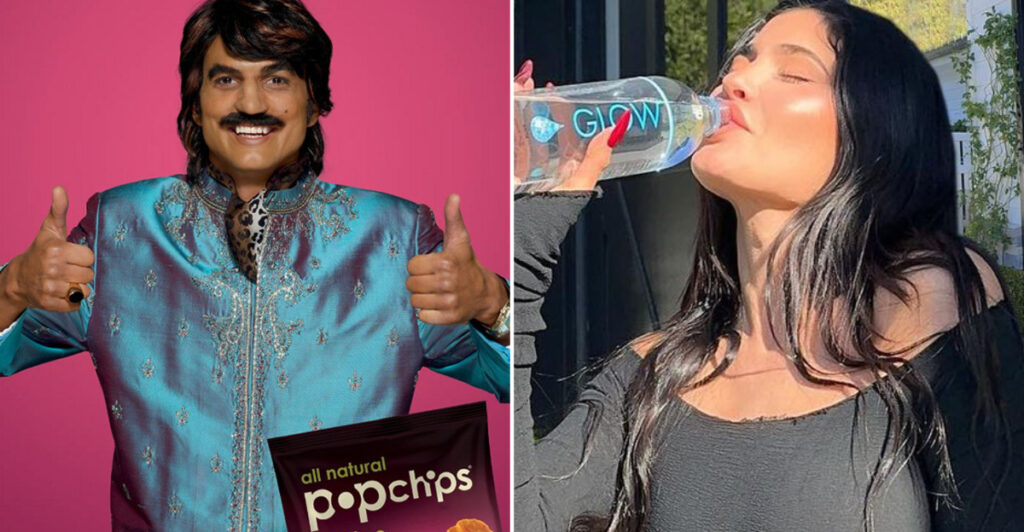Celebrity endorsements can draw initial attention to a product, but not all celebrity-backed snacks have succeeded in capturing consumers’ taste buds. Below are 16 celebrity-endorsed snacks that, despite their star-studded promotions, failed to make a lasting impact in the market.
1. Steven Spielberg’s Dive!
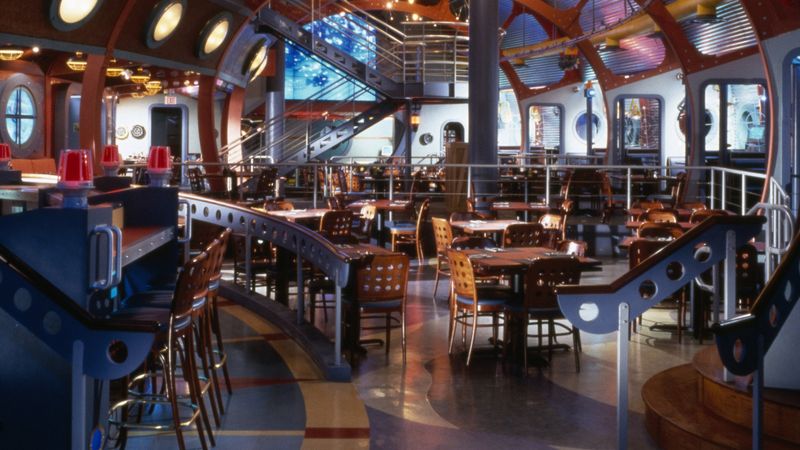
Film icon Steven Spielberg’s foray into the dining world with Dive! was both ambitious and short-lived. Modeled after a submarine, the theme was intriguing but not enough to sustain interest.
The novelty of dining in a themed environment wore off, and the restaurant quietly faded away. Despite Spielberg’s storytelling prowess, the restaurant couldn’t maintain the momentum needed to succeed. Dive! serves as a reminder that star power doesn’t always translate into hospitality success, especially when novelty overshadows substance.
2. Gerber Singles
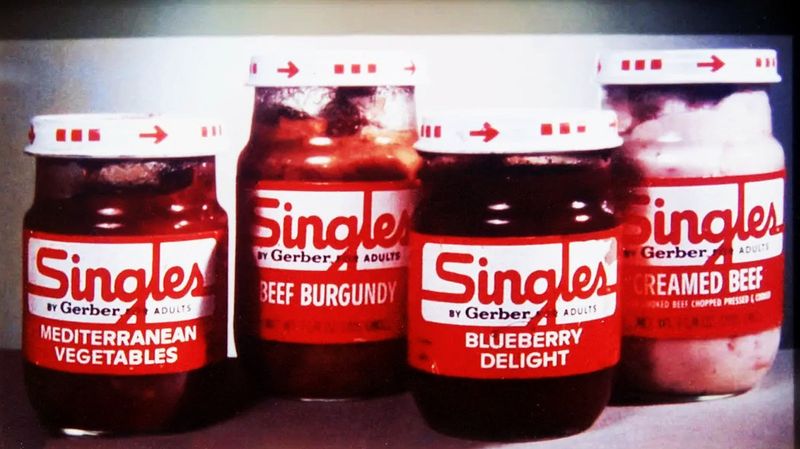
In 1974, Gerber attempted to market Gerber Singles as adult baby food, hoping to capture a niche market. However, the concept of ‘adult’ food like meat mush in baby-food jars was unappetizing to most.
The idea was unique but didn’t translate well to the consumer market. People found the presentation off-putting and the meals not appealing enough to justify their existence. This ambitious attempt at broadening their consumer base backfired, and Gerber Singles quickly vanished from the shelves, remembered as an unusual misstep for the brand.
3. Kylie Jenner’s Glow Beverage
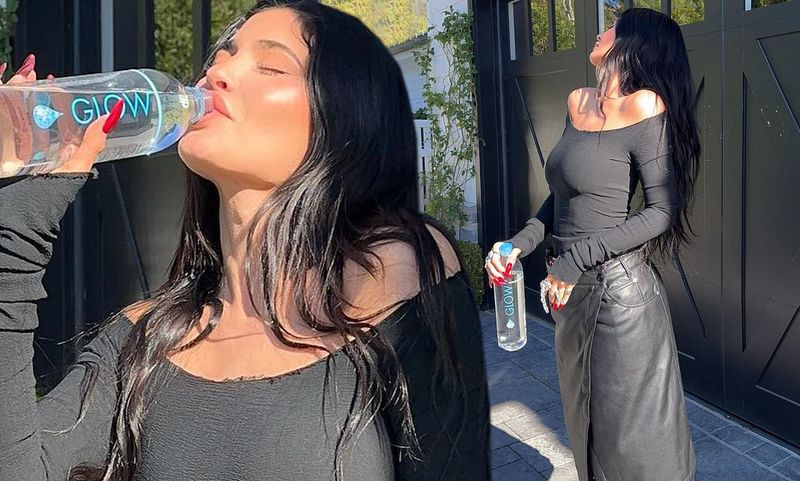
Kylie Jenner’s Glow Beverage promised hydration with a hint of glamour, but the product failed to resonate with consumers who saw it as superficial branding. Despite the star’s massive following, the drink was criticized for lacking authenticity and substance.
Marketed as an energy-boosting drink, Glow didn’t manage to create a buzz beyond its launch. The fans, more interested in Jenner’s lifestyle than the beverage itself, found nothing unique or compelling in Glow. It quickly fizzled out, becoming yet another celebrity product that didn’t meet consumer expectations.
4. Selwyn’s Seaweed Snacks
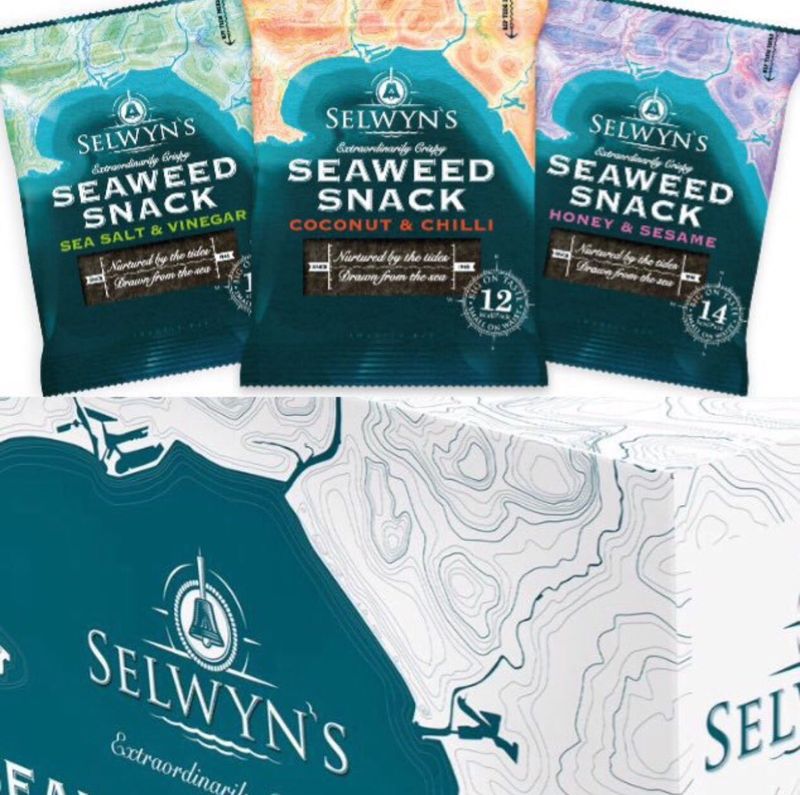
Selwyn’s Seaweed Snacks made a splash on Dragons’ Den but failed to secure investment. The product, though healthy and unique, remained too niche to appeal to a broader audience.
Despite the potential for growth within the health food market, the snacks couldn’t scale beyond their initial offerings. The lack of investment and limited consumer interest meant the product stayed in the shadows, illustrating the struggles niche products face even with television exposure. Selwyn’s remains a small footnote in the snack world.
5. Britney Spears’ Nyla Snacks
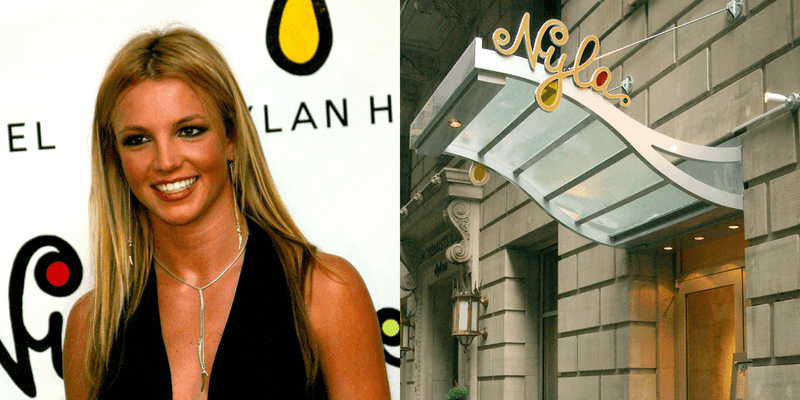
Britney Spears, at the peak of her pop career, ventured into the snack industry with Nyla Snacks. The concept seemed promising with her global fan base, but the snack line failed to gain traction.
Despite the star power, Nyla Snacks couldn’t differentiate itself in the crowded market or offer anything innovative. The snacks disappeared as quickly as they had arrived, leaving little impact. The fleeting nature of Spears’ venture into snacks is a testament to the challenges even the biggest celebrities face when branching out into new industries.
6. Howdah Snacks
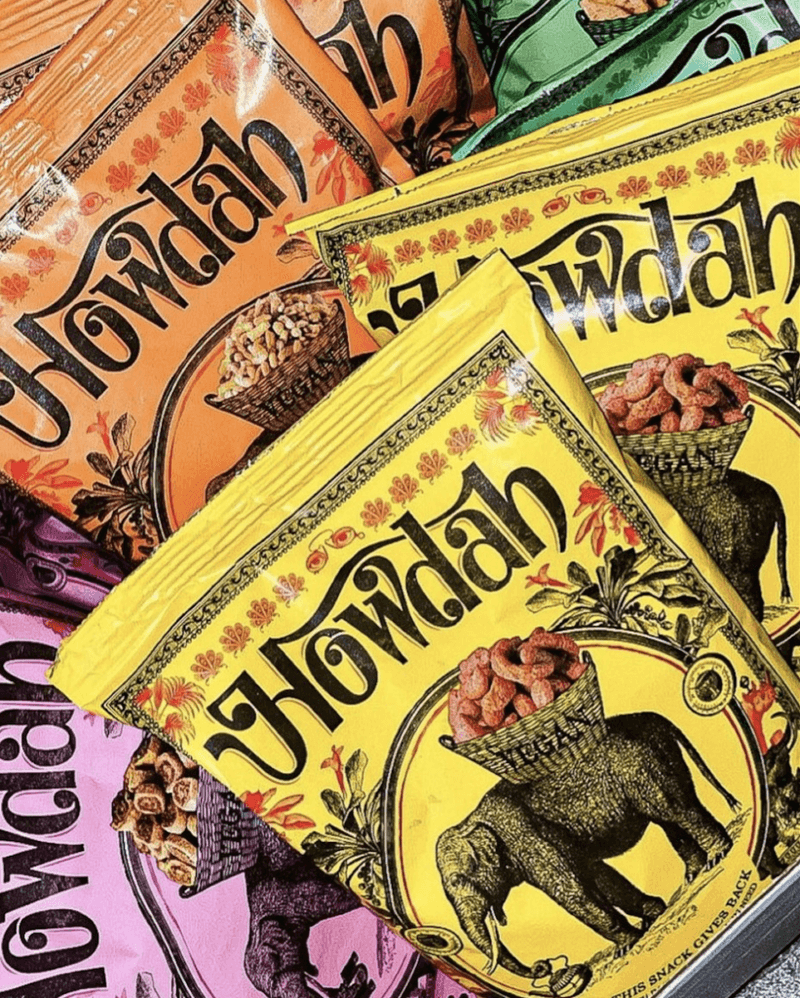
Howdah Snacks brought bold Indian flavors to Dragons’ Den, but investors found it lacking a unique edge. The market was deemed too saturated, and the pitch didn’t offer enough distinction.
Despite its vibrant concept, Howdah couldn’t convince the panel or the broader market of its niche appeal. The snacks, promising an authentic taste of India, never managed to climb out of the crowded snack sector. Howdah’s journey illustrates how even well-conceived products can struggle without a clear point of difference.
7. Tags Snack Foods Ltd
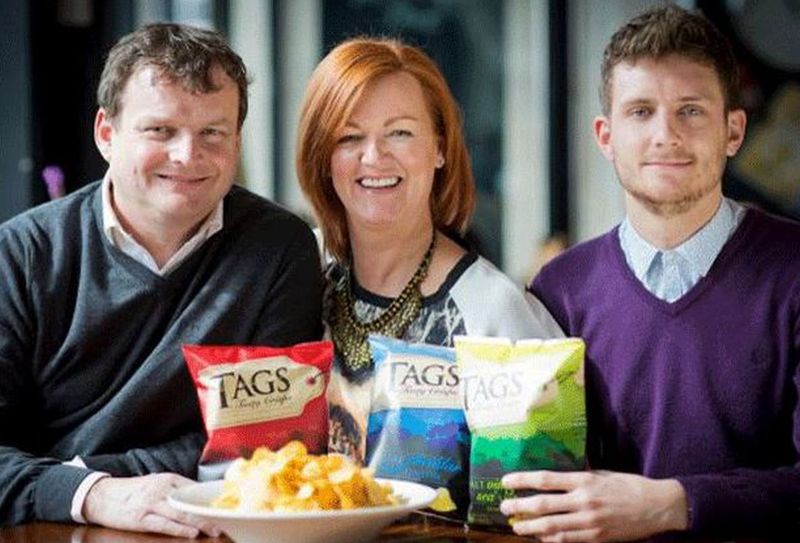
Tags Snack Foods Ltd attempted to capture the market with a variety of snacks but failed to win over the Dragons’ Den investors in 2015. The rejection was a blow, leading to the company’s eventual dissolution.
Facing fierce competition and a lack of distinctive branding, Tags couldn’t sustain its business operations. The failure to secure investment was indicative of deeper issues within the company’s strategy and market positioning. Tags’ story is a cautionary tale about the critical importance of standing out in the snack industry.
8. Popchips (Ashton Kutcher & Katy Perry)
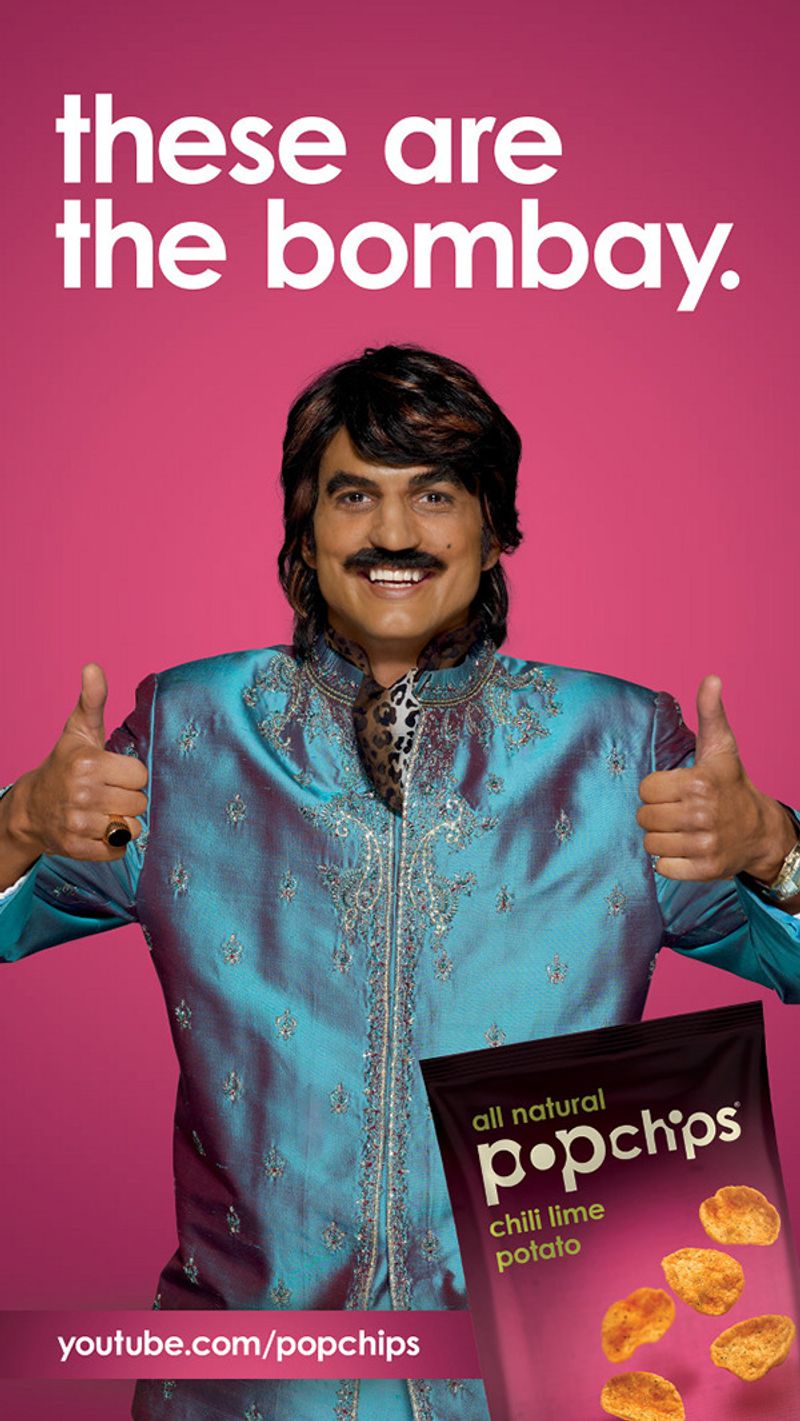
Popchips, backed by the glitz of Ashton Kutcher and Katy Perry, aimed to be a pop culture sensation. However, a 2012 advertisement featuring Kutcher in brownface sparked outrage and overshadowed the snack itself. Perry tried to salvage the brand with her own flavor, ‘Katy’s Kettle Corn,’ but the controversy lingered.
The chips, once a promising low-calorie snack, couldn’t recover from the negative publicity and faded from the public’s favor. Despite initial excitement, Popchips couldn’t shake off the taint of the ill-conceived marketing, leading to its downfall.
9. Celebrity-Fueled Body Wash Controversy
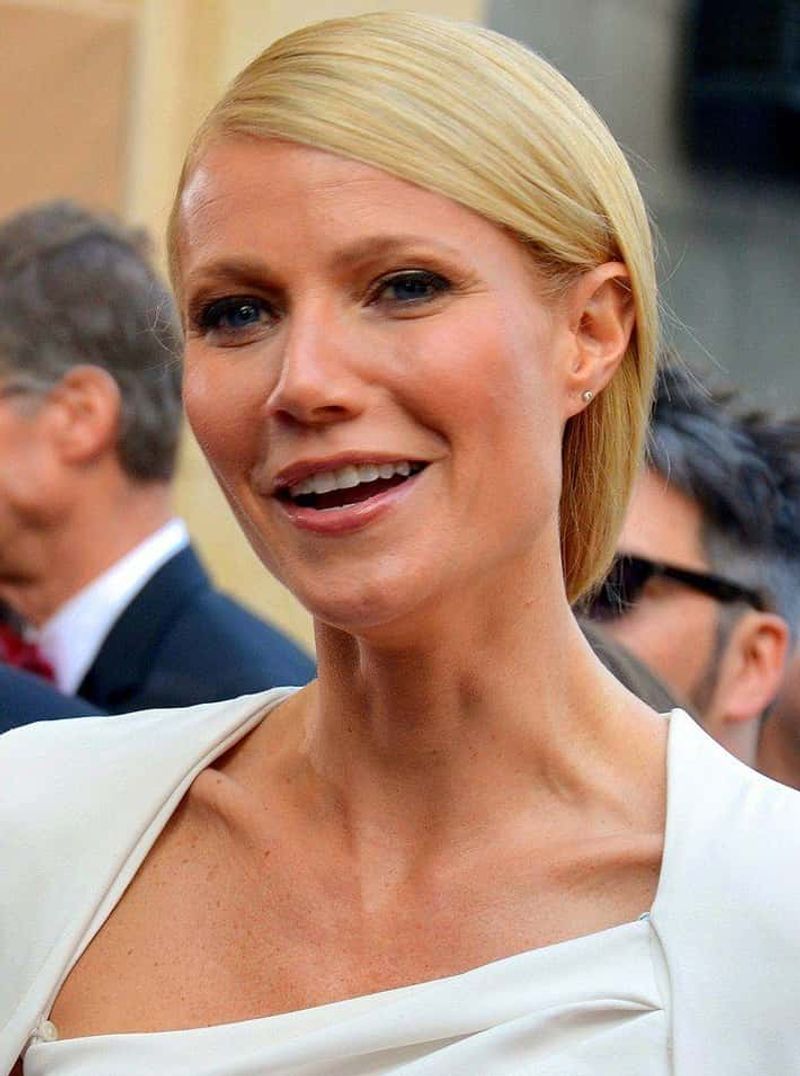
Not every celebrity product is food, but the lessons apply. Celebrity-endorsed body washes have occasionally caused health issues, serving as a cautionary tale.
Despite high-profile endorsements, these products sometimes face backlash over ingredient safety, leading to consumer mistrust. The controversy highlights the importance of thorough testing and transparency, even when the brand carries a celebrity name. It’s a stark reminder that endorsement alone doesn’t guarantee safety or acceptance.
10. Rihanna’s Fenty Food Concepts
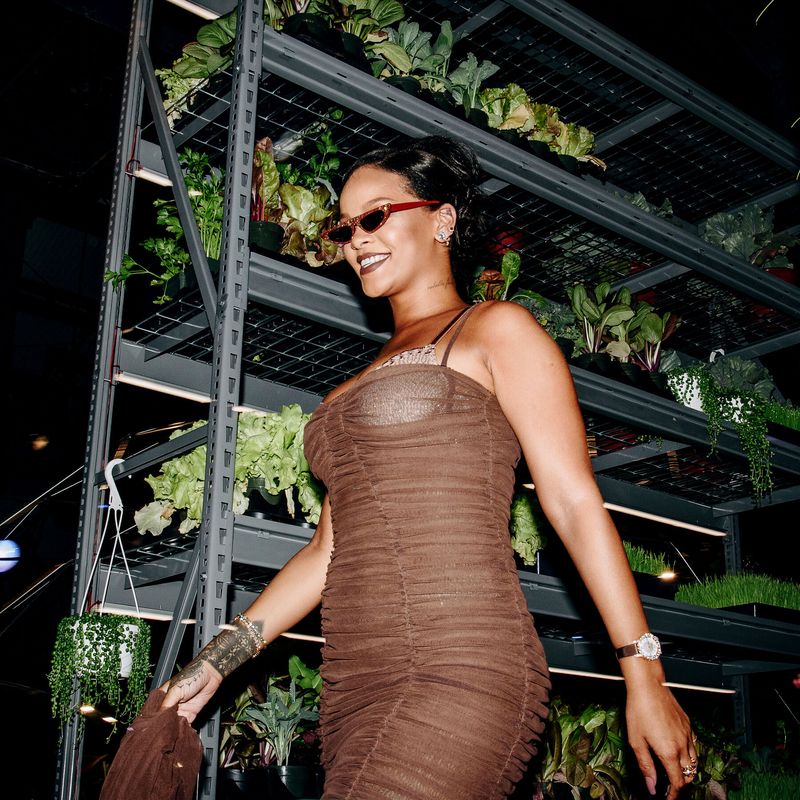
Rihanna, known for her successful beauty line, teased Fenty Food Concepts but never launched it. Despite anticipation, the project was shelved, leaving fans disappointed.
The concept was to mirror her beauty brand’s innovation, but it never came to fruition. This example highlights how not every celebrity idea gets realized, even when public interest is high. Rihanna’s unrealized venture into food serves as an example of the unpredictability in product launches, where even promising ideas may remain just that – ideas.
11. Celebrity Restaurant Chains (Jay‑Z’s 40/40 Club)
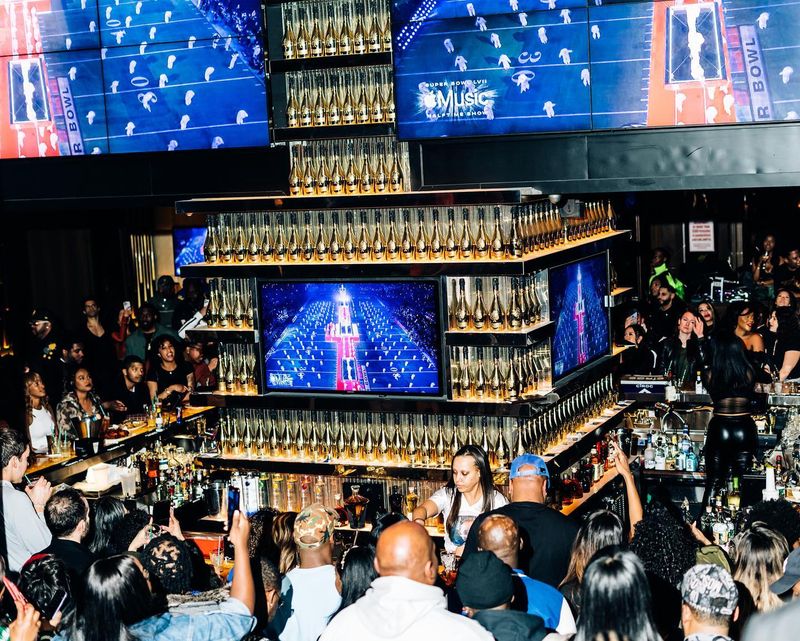
Celebrity-owned restaurant chains like Jay-Z’s 40/40 Club often launch with high hopes but face harsh realities. Despite initial buzz, low ratings and unmet expectations plagued many such ventures.
The 40/40 Club, offering an upscale dining and entertainment experience, struggled with food quality issues, overshadowing its glamorous appeal. The gap between expectation and reality illustrates that even celebrity-backed establishments must deliver consistent quality to survive. It’s a reminder that star power only goes so far in the competitive restaurant industry.
12. Mark Wahlberg’s Wahlburgers
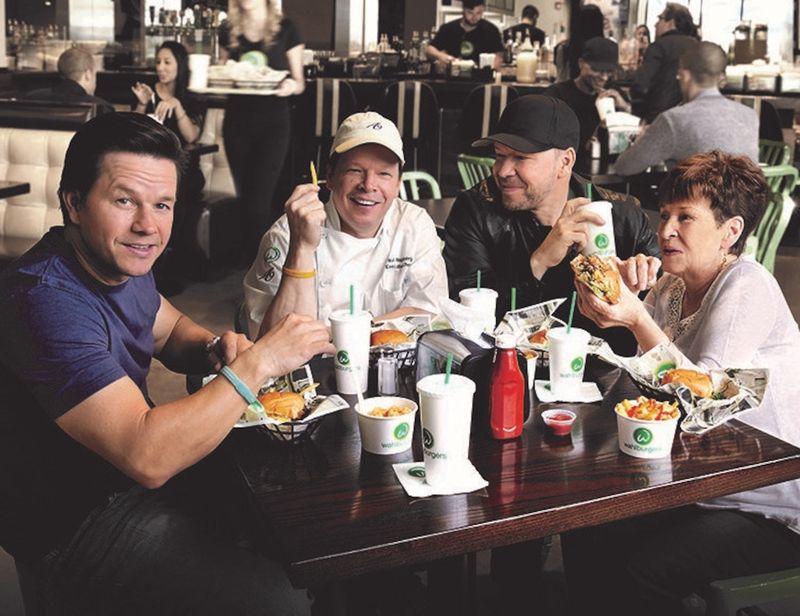
Mark Wahlberg’s Wahlburgers seemed poised for success, blending celebrity and family business charm. However, expansion efforts fell short, leading to several closures.
Despite the appealing concept and initial enthusiasm, Wahlburgers faced challenges in maintaining quality and consistent service across locations. The closures reflect the harsh realities of restaurant management, even with a celebrity name attached. Wahlburgers’ struggles emphasize that star appeal can’t replace operational efficiency and quality, vital for sustaining a restaurant chain.
13. Beyoncé’s Banana + Ketchup Combo
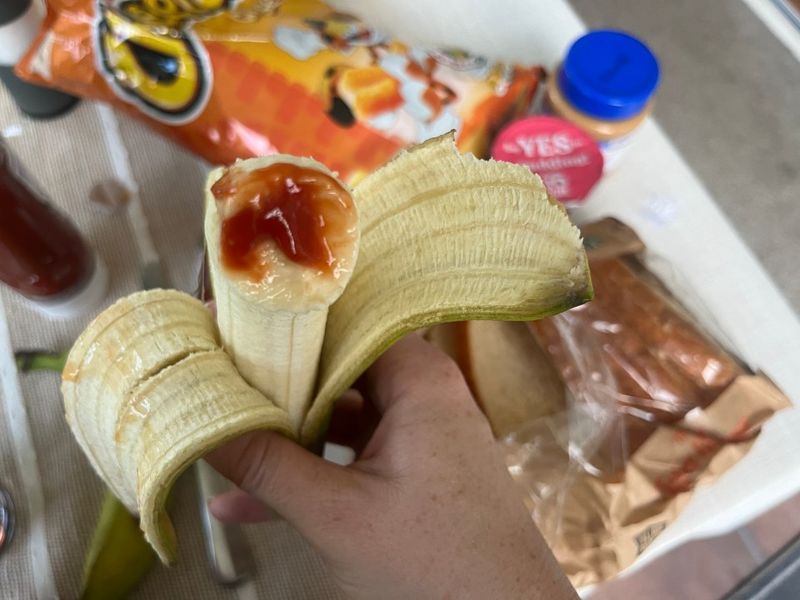
Beyoncé’s peculiar banana and ketchup snack combo sparked curiosity and bewilderment. Though not a marketed product, the combination was reportedly tried by several, leading to mixed reactions.
Taste-tests found the pairing odd and largely unpalatable, becoming a subject of ridicule. This quirky combination serves as an example of how celebrity influence can generate buzz, yet not always positively. Beyoncé’s unusual snack idea illustrates that even superstar suggestions aren’t immune to public scrutiny and debate.
14. Channing Tatum’s PBJ + Cheetos Sandwich
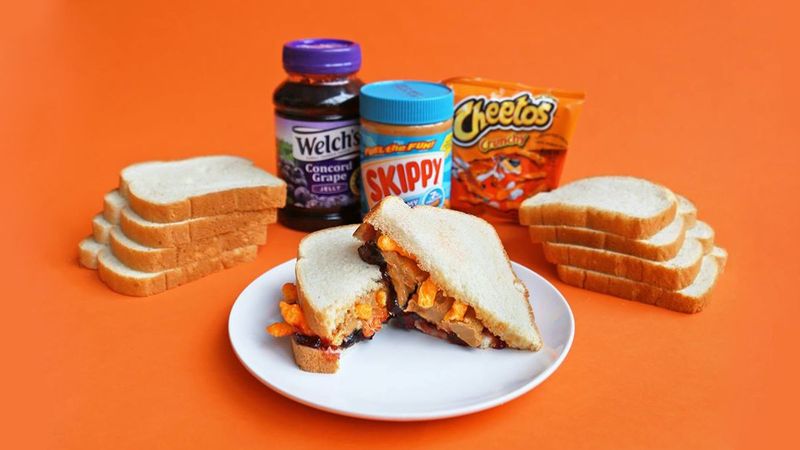
Channing Tatum’s snack innovation of adding crushed Cheetos to a peanut-butter and jelly sandwich drew attention for its quirky twist. However, it was widely seen as unappealing.
Fans and foodies alike questioned the combination, finding it more of an oddity than a culinary revelation. While not sold as a product, the combo highlights the sometimes unpredictable nature of celebrity food trends. Tatum’s creation stands as a testament to how novelty alone doesn’t ensure acceptance in the culinary world.
15. Adele’s Crisps with Worcestershire Sauce

Adele’s choice of crisps with Worcestershire sauce sparked intrigue but didn’t win over taste-testers. This homemade snack, though simple, was critiqued for its texture and practicality.
The combination, while perhaps a personal favorite, didn’t translate well to a broader audience. It serves as a reminder that not all personal preferences can cross over into widespread acceptance. Adele’s snack choice shows that even with celebrity interest, some flavors and textures remain divisive.
16. Dua Lipa’s Diet Coke Cocktail

Dua Lipa’s adventurous Diet Coke cocktail, mixed with pickle and jalapeño juice, became a viral sensation. Tried by many, it elicited reactions from ‘bearable’ to ‘never again.’
Though not a formal product, the cocktail’s fame underscores how celebrity influence can turn even unlikely combinations into talking points. The cocktail serves as an example of viral celebrity-driven trends, which, while intriguing, may not always translate into lasting popularity or acceptance. Lipa’s creation is a reminder of the fleeting nature of viral food trends.

